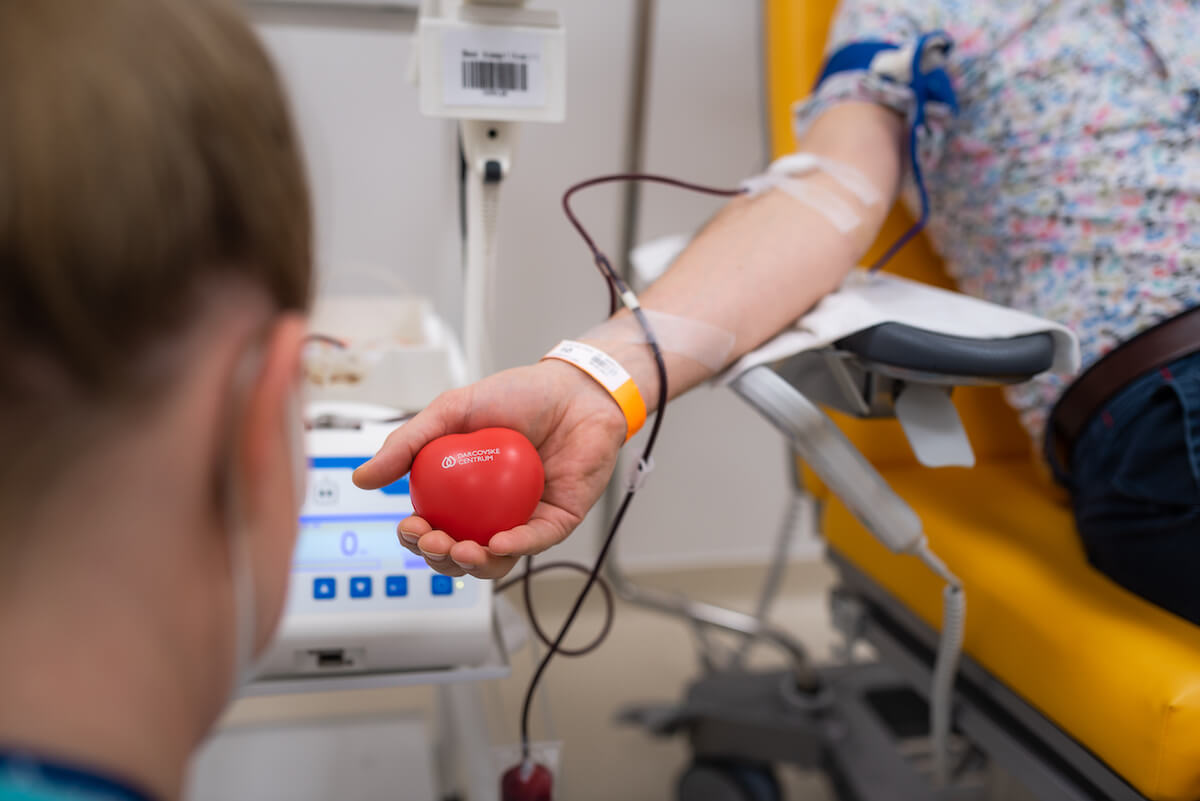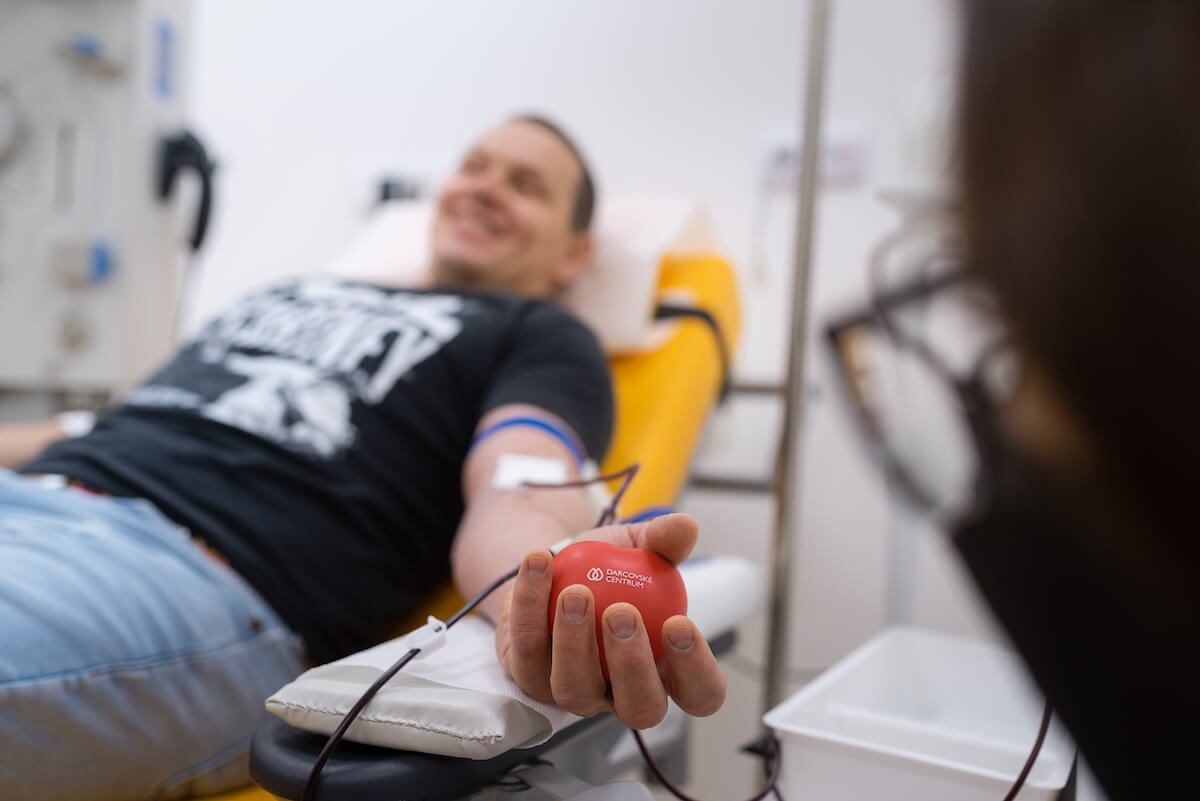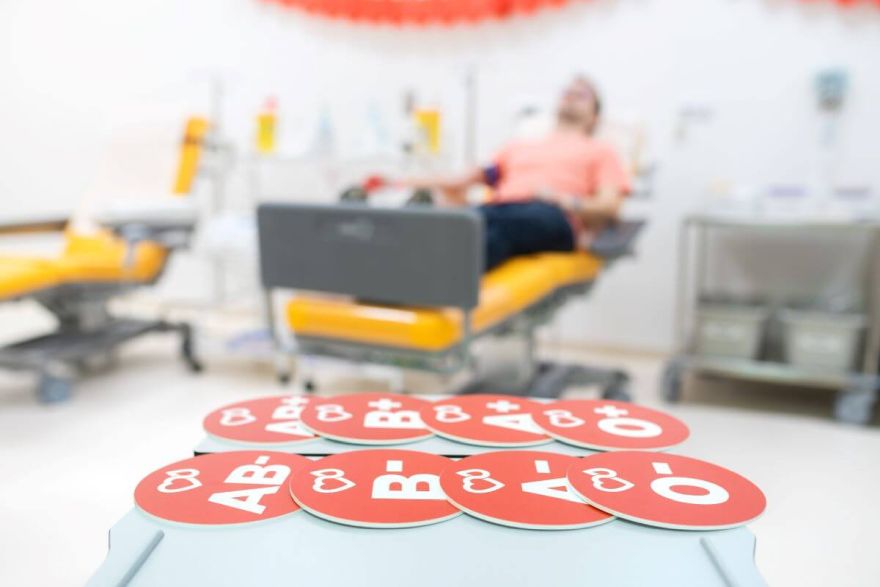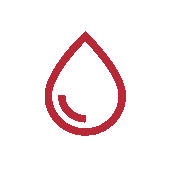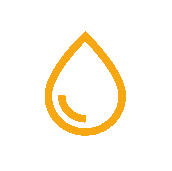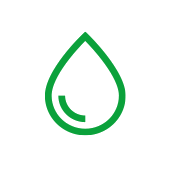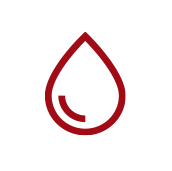Blood and plasma donation
You can donate blood at the Bory Hospital Donor Center every weekday.
Monday: 8.00 - 12.00 hod.
Tuesday: 7.30 - 14.00 hod. (only plasma donors)
Wednesday: 8.00 - 12.00 hod.
Thursday: 8.00 - 14.00 hod. (blood and plasma donors)
Friday: 8.00 - 12.00 hod.
Book online
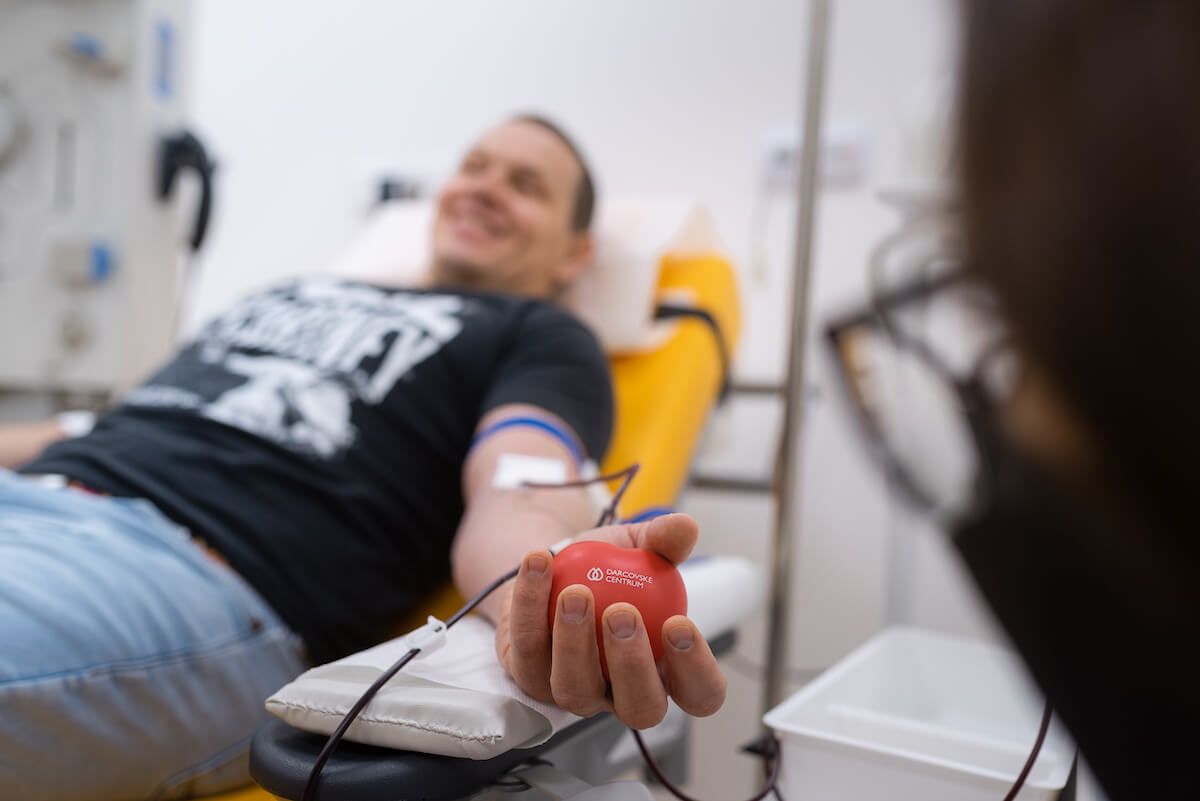
Safety of Donors Comes First
It is very important to us that you feel comfortable and safe at the Bory Hospital Donor Center. Therefore, we provide not only a modern and comfortable environment but also a professional team, state-of-the-art equipment, and a strict control system.
Our goal is to ensure the highest quality of collected blood and its components, with a focus on their effective use for patients. We aim to provide sufficient transfusion products in a timely manner and in adequate quantities.
We rely heavily on you, our blood donors, and your willingness to help.
Bory Hospital Donor Center
WHO IS A SUITABLE DONOR
Thank you for deciding to donate blood or its components (plasma, platelets).
A suitable Donor is anyone who meets the following criteria:
- You feel healthy and weigh at least 50 kg
- Age between 18 and 65 years
- Overall good health
You cannot donate blood if you have:
- Had surgery, arthroscopy, injury, or fracture within past 6 months.
- Finished antibiotic treatment less than 4 weeks ago.
- Had fever or diarrhea in the last 2 weeks.
- Had dental work (drilling, tooth extraction) in the last week.
- Menstruating on the day of donation (+/- 3 days) or are pregnant.
- Given birth or have a termination of pregnancy in the last year, or are currently breastfeeding.
- Acute stage of a herpes infection.
- An oncology disease.
- Undergo an acupuncture in the past 6 months.
- Have a sexual partner(s) with below mentioned infectious diseases in the past year.
- Hemophilia or blood disorders.
As a blood donor, please ensure you do not have:
- A tattoo less than 6 months old.
- Piercing, including ear or other body piercings.
- A bruise from an injury (criterion for apheresis donation). Allergic reactions.
- Transfusion of blood or its components in the past year. Endoscopic examination in past 6 months.
- Infectious hepatitis types B and C, syphilis, or be an HIV carrier.*
*If you had had infectious hepatitis type A (e.g., during childhood), you may be eligible to donate blood after a certain time interval.
We advise Donors not to donate blood or its components after a night shift or intense physical activity. Please follow the recommended dietary and hydration guidelines before donation. Do not donate blood on an empty stomach.
If you have any doubts or questions about blood donation and its components, please contact us by phone at 02/59 777 150 or by email at transfuzka.bory@pentahospitals.com or darcovskecentrum.bh@pentahospitals.com.
We are happy to answer your questions.
DONATION DAYS
Our mobile collection team can also visit you, or we can organize a group donation at our donor center outside of regular hours.
To schedule your donation, please book an appointment:
- online on the Donor Center website
- by phone at: 02/59 777 150
- or by email
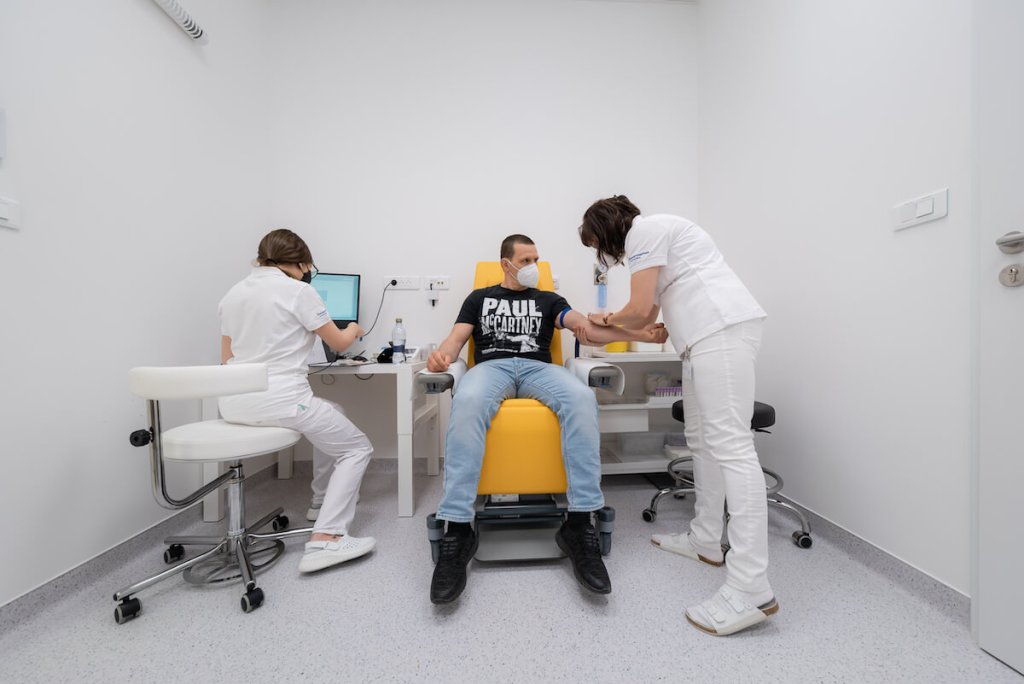
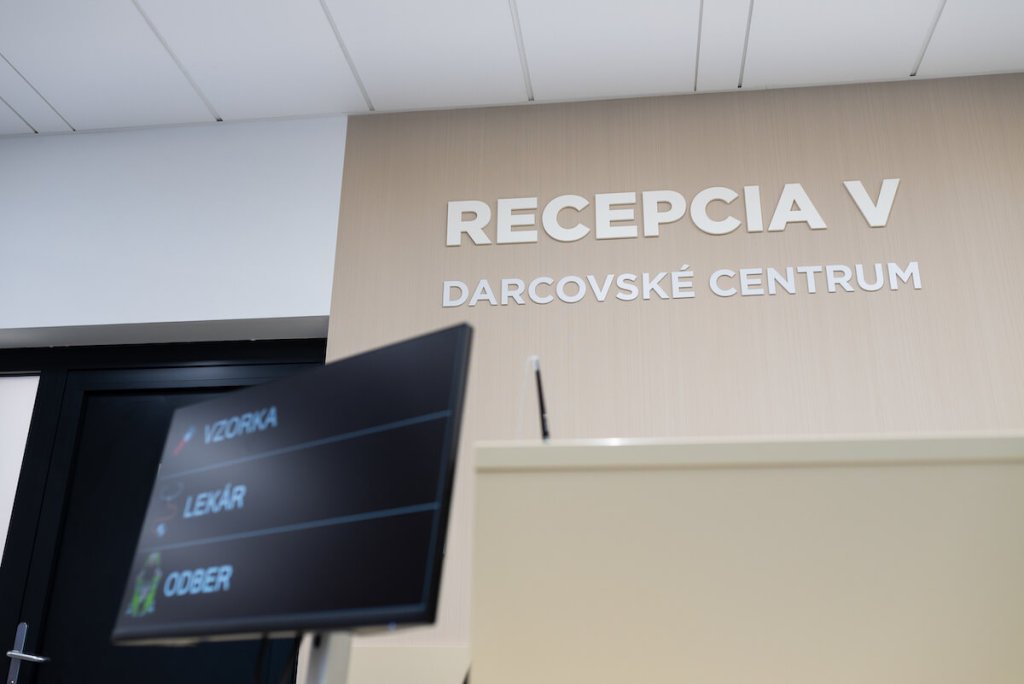
PREPARATION FOR DONATION
- Do not donate blood or its components on an empty stomach.
- Avoid consuming fatty foods before the donation.
- Have a light breakfast, such as non-fatty pastries, bread, honey, fruit, or vegetables.
- Stay well-hydrated by drinking plenty of fluids.
- Get plenty of rest before the donation.
- Avoid heavy physical exertion before the donation.
- Refrain from drinking alcohol or smoking before the donation.
DIET AND DRINKING REGIMEN FOR BLOOD AND PLASMA DONORS
Before donation, we recommend drinking at least two to three liters of water, and during the warmer months, three to four liters. The later in the day your plasma donation is scheduled, the more water you should drink.
Recommended Foods and Drinks Before the Blood Donation
- Fruits and Vegetables: fresh, frozen, dried
- Side Dishes: rice, pasta, and potatoes
- Meat: chicken, turkey, lean beef, rabbit, young lamb, grilled fish, or steamed fish
- Bread Products: bread (white and whole grain), rolls, buns, rice cakes, oatmeal, muesli products, porridge, low-egg pasta
- Sweets: jam, marmalade, honey
- Dairy Products: cultured milk, kefir, buttermilk, fat-free cottage cheese, skim milk, fat-free yogurt
- Legumes: peas, lentils, beans, corn
- Soups: low-fat broth, vegetable soups
- Drinks: water (sparkling and still), low-calorie beverages, fruit juices, fruit teas

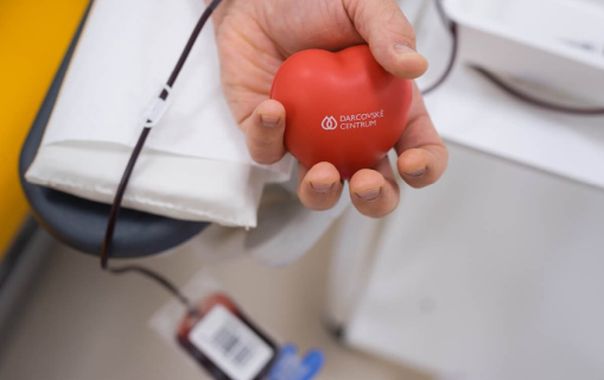
BLOOD DONATION PROCESS
- Completion of the donor questionnaire for blood, plasma, and blood cells.
- Registering the Donor in the system.
- Blood sample collection for a complete blood count (CBC) and, if necessary, a preliminary blood type test.
- Medical examination by a healthcare professional.
- Actual donation: Blood donation takes about 7 to 10 minutes, while plasma donation takes approximately 45 minutes.
- Refreshments are available for donors at our center.
- Scheduling your next donation appointment.
BLOOD COMPONENTS DONATION
At the new Donor Center at Bory Hospital, you will also be able to donate individual blood components thanks to a special device that the collected blood passes through. During plasma donation, the most advanced separator returns red blood cells and platelets to the donor's circulation, while only collecting plasma in a special bag.
A similar process occurs during platelet donation, where plasma is returned to the donor's body along with red blood cells, while the platelets remain in the collection bag.
Plasma is an irreplaceable substance in modern medicine, particularly for the production of life-saving medications. There is no manufacturer of plasma-based medications in Slovakia. Thanks to your plasma or platelets, it will be possible to produce medications or transfusion products that can help:
- Patients with immunodeficiency diseases
- Women after difficult childbirth
- Oncology patients
- Burn treatment
- Patients after car accidents
- Patients with blood clotting disorders
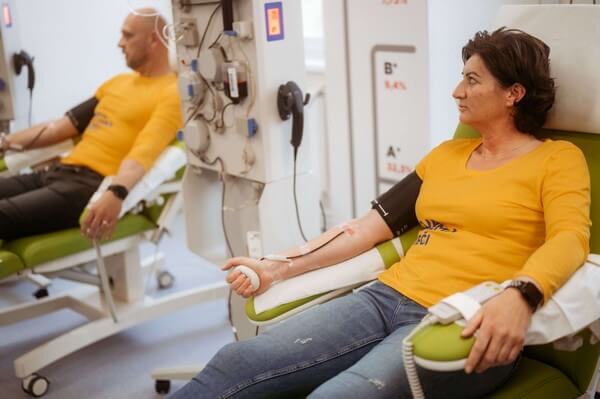
HOW OFTTEN CAN YOU DONATE PLASMA
You can donate plasma every 14 days. If you have recently donated blood, plasma can be donated only after one month following the blood donation. However, after donating plasma, you can donate blood after 14 days. Plasma in the human body replenishes within 48 hours.
The donation itself takes about 45 minutes, and the volume of plasma collected depends on the donor's weight, typically ranging from 650 to 700 ml. The amount of plasma collected is compensated by 500 ml of saline solution given to the donor at the end of the procedure.


